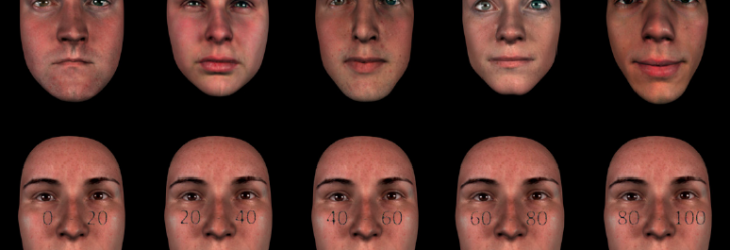

Over the last few years, our lab started to develop a new framework for exploring the extent to which social choices share common neurobiological principles with the types of non-social decisions (perceptual, reward-based) we’ve been studying for years. As luck would have it, the first two experiments from this new endeavour happened to both be published this month. Big credit to the fantastic ECRs on these papers who persevered till the end.
In the first paper, using computational modelling and fMRI, we show how social contexts bias choices and characterise how inferences about others’ intentions modulate cooperativeness and that brain regions previously linked to social cognition, encode social prediction errors and context-dependent signals, correlating with shifts along a cooperation-competition continuum.
In the other paper, using simultaneous EEG-fMRI and computationally modelling, we identify a domain-general decision-making neural architecture across social and non-social contexts, whereupon domain-specific information is initially converted into a common representation in the human valuation system and integrated for the decision in a region of the posterior-medial frontal cortex.
The papers can be accessed at the links below:
https://www.nature.com/articles/s41467-022-34509-w
https://www.jneurosci.org/content/early/2022/10/21/JNEUROSCI.0375-22.2022